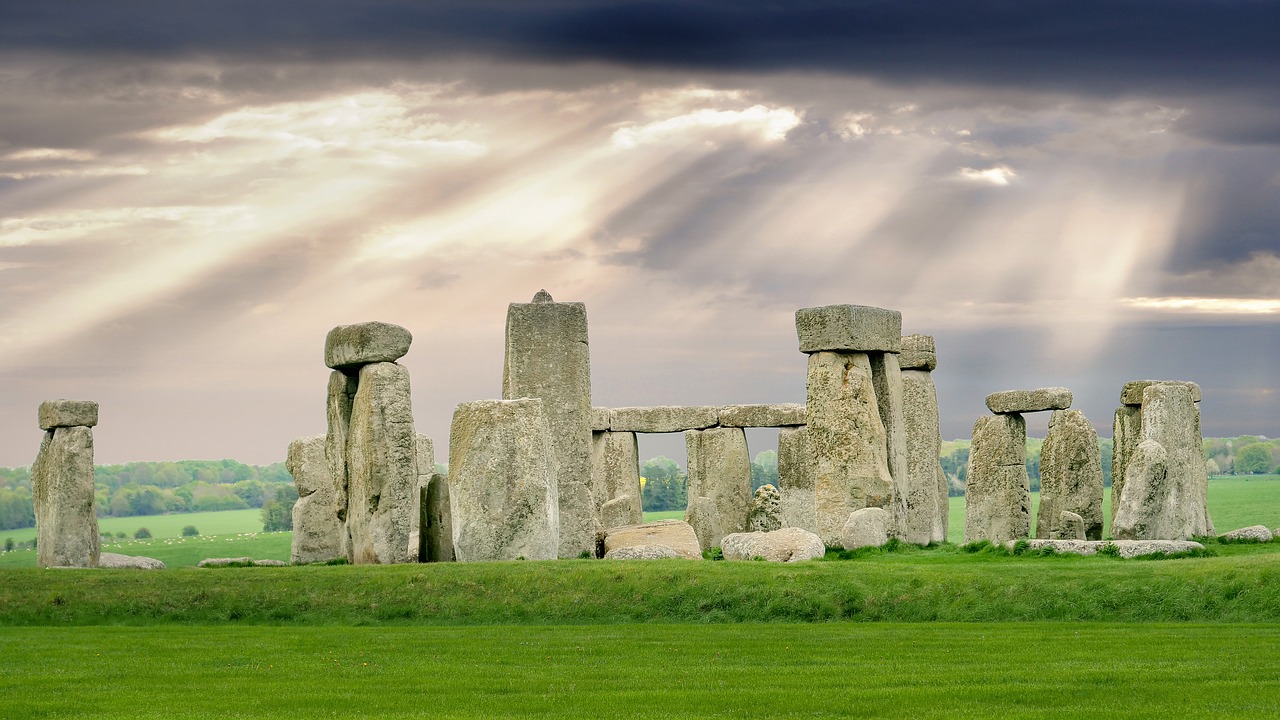5.7 Even if a miracle occurred, we could never know that it was a miracle

This objection does not so much question the evidence for a miracle, but wonders how we trace it to God. This objection is raised in various ways: Events do not come with name tags identifying their cause, so, short of such signature, how could we ever know God performed it? Besides the event itself we need a pointer that will help to indicate its significance. Otherwise, even if we discover an incredibly strange event, we could treat it like a “natural miracle” – a one of a kind natural oddity (like a group hallucination) instead of an act of God.
1. If God exists, then we have a good reason to consider a link between some events and a divine cause
Interestingly, this is even admitted more than once by atheistic philosopher Antony Flew. For a theist who develops this idea, see Norman L. Geisler, Miracles and the Modern Mind: A Defense of Biblical Miracles
2. Signs exist that identify an act as a miracle.
It is true that a historical event, by itself, could never be labelled as a miracle without additional criteria. We need another yardstick, besides the event itself, to indicate God performed it and we have just these sorts of pointers in the case of the resurrection. In addition to the outstanding evidence for Jesus’ resurrection, we have the religio-historical context of his claims to divinity.
- He was known as a powerful miracle worker.
- He claimed that how people responded to him would determine where they spent eternity.
- No plausible natural explanations can account for all the known facts regarding the resurrection of Jesus.
- Never in history has there been such a unique combination of events, along with additional criteria.
3. Expanding the laws of nature in order to eliminate the miraculous nature of data surrounding Jesus’ resurrection creates more problems
Some would say it is preferable to accept natural miracles, or exceptional oddities like mass hallucinations to accept the existence of real supernatural miracles. A huge problem with this is that no single natural option, however unusual, can explain all of the evidence for the resurrection. Even if we stretch to the position of a natural miracle. An adjusted hallucination theory would still leave unaccounted: the empty tomb factor, Paul’s conversion, James’ conversion and other facts unexplained.
Though this revised theory is even MORE problematic than it first appears. It does not simply require one group hallucination, but several of them — you would have to apply one every time Jesus appeared to each group which is quite a lot! Remember, group hallucination theory is foreign to modern psychology, no one in the field claims it’s even possible.
Should we conclude then that mass hallucinations do not occur except amongst Jesus’ followers, then they did so repeatedly? This would be highly problematic for naturalists, since it borders on a real miracle. We would still have unresolved critically acknowledged historical facts. A resurrection looks more plausible than these repeated rational contortions.



0 Comments